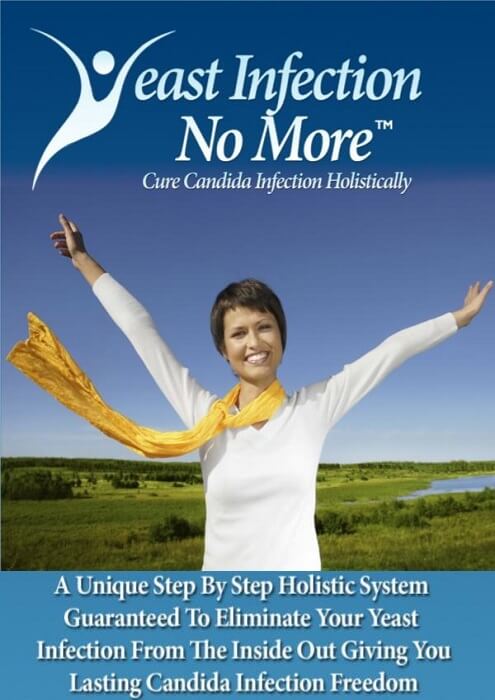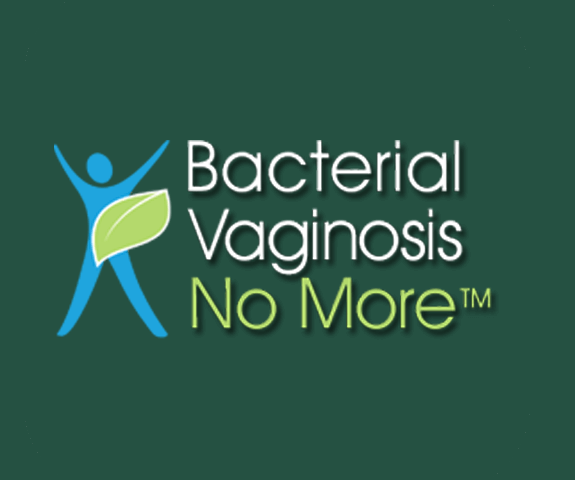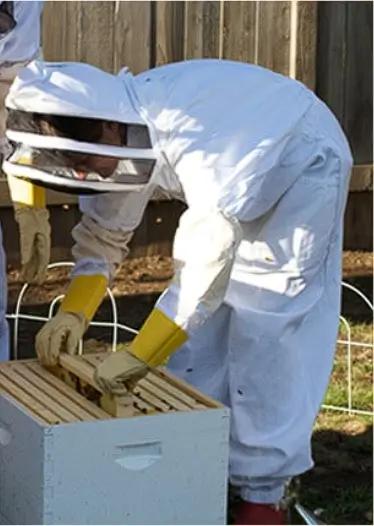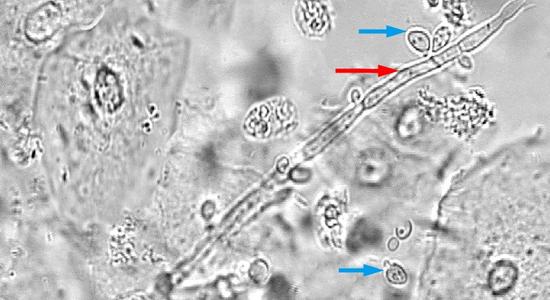See all "Candida Odor" Section Topics
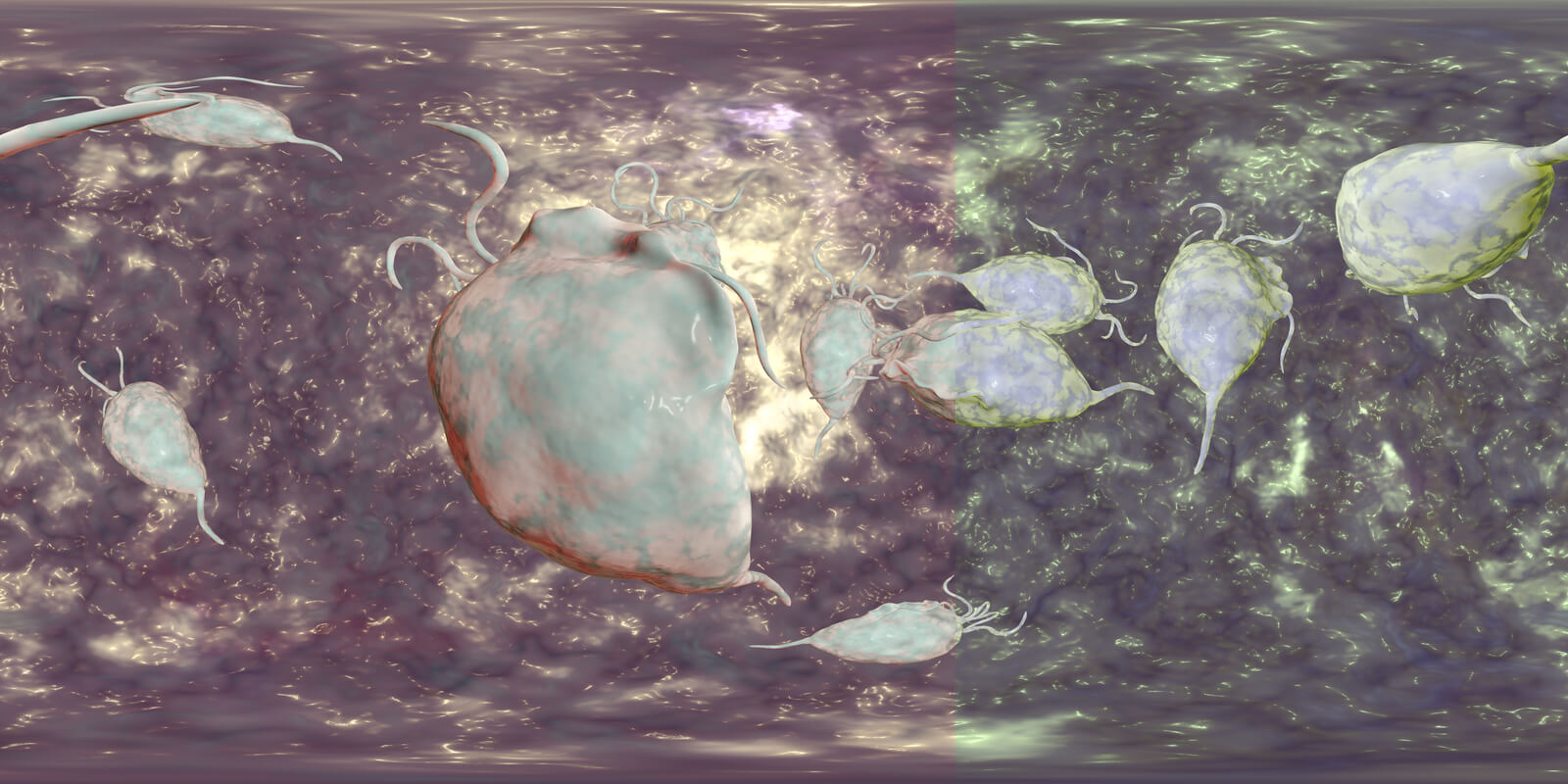
According to the Center for Disease Control and Prevention, only around 30% of people who are infected with Trichomoniasis will develop symptoms that indicate they have this infection. Conversely, if you have a yeast infection, you are quite likely to develop some kind of symptom. Since Trichomoniasis is a sexually transmitted disease (STD), you should be able to rule this infection out if you haven’t had sex for prolonged periods of time; or, you have just one reliable partner. Trichomoniasis symptoms typically manifest within 5 to 28 days after initial infection. Men can get “Trich” as well; and can spread the STD. Thus, if its been longer than that since you had sex, chances are even greater you have a yeast infection and not the STD Trichomoniasis.
Diagnosing Trichomoniasis or Yeast Infection
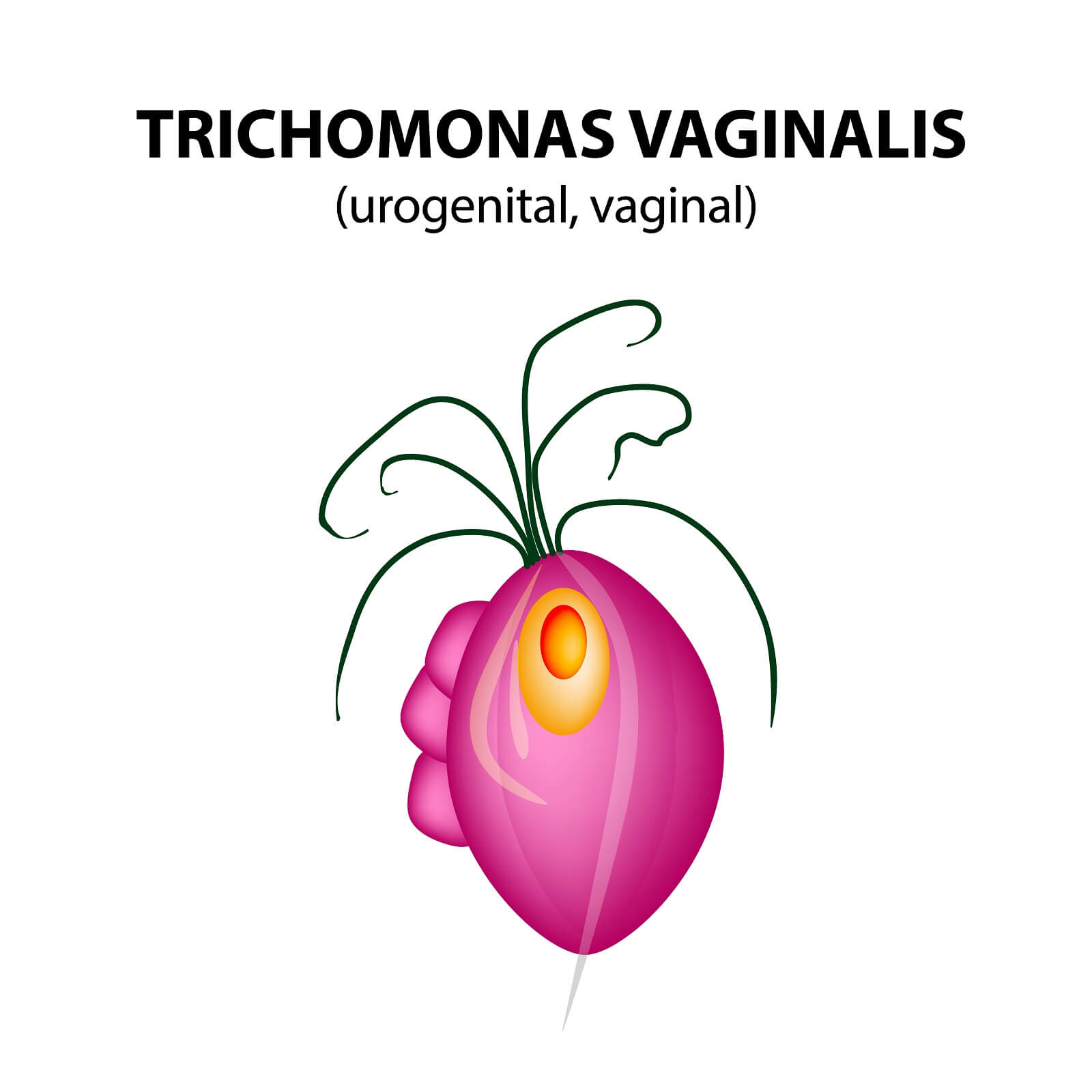
If you are quite sexually active, and you’ve never had a yeast infection before, it might be Trichomoniasis. However, even professionals cannot diagnose this infection based on symptoms alone. As you will see later on in the article, the symptoms of Trichomoniasis are much like those of other vaginal health maladies. If you suspect you have this STD, consult a local clinic, and have a test performed that can accurately determine what the problem is. For more information about common STD’s and their symptoms check out: yeast infections and STDs.
If this isn’t your first yeast infection; and, you have successfully treated a past yeast infection with some antifungal therapy; you may do just fine treating yourself for this condition again. Many women experience recurrent vaginal Candidiasis because their digestive system is harboring excess yeast. If you haven’t had unusual sexual activity, there is really no other probable way for Trichomoniasis to be causing your infection; thus, it could be Candida of some kind.
There are several things that can predispose you to developing yeast overgrowth in your digestive system; and, consequently, your vagina. These factors include: taking antibiotics, using estrogen birth control pills, being diabetic, or having some other immune system weakening illness. There is a great comprehensive test that shows you how prone you are to have yeast-related health problems. The test was developed by the pioneering medical doctor in yeast-related health: Dr. William Crook. This test was adapted and presented in two formats: a short test and a comprehensive test. If you have the time, consider taking these tests online here and get a better understanding from an efficacious test here: Yeast Infection Tests.
A 1/2 Day & Yeast is Gone!
Linda Allen suffered from yeast infections for years. Through researching natural medicine & Candida, she found an efficacious solution!
Linda is one expert you want on your side! Let her show you how to get rid of a superficial yeast infection in just 12 hours; AND, keep it gone!
A 60-day, 100% money back guarantee is provided.
Visit Official Site!Common Trichomoniasis Symptoms
This diseases is caused by the parasitic protozoan Trichomonas vaginalis. When enough of this protozoa abound, it can lead to a symptomatic infection. However, you may not develop symptoms. About 70% of people with this STD, will have no symptoms at all. Those that do, report the following changes in health:
- Unusual itching and burning sensations in the vagina and vulva.
- Experiencing inflammation or soreness of the vagina.
- A malodorous vaginal discharge that can be greenish, white, clear, or yellowish in color.
- The presence of a foul vaginal odor.
Eliminate Bacterial Vaginosis & Vaginal Odor
Jennifer O’Brien is one prominent expert on BV that knows how to get rid of vaginal odor. BV is a common infection that you don’t have to put up with.
Jennifer will show you how to naturally eliminate vaginal odor in just 3 days.
A 60-day, 100% money back guarantee is provided.
Visit Official Site!Frequent Vaginal Yeast Infection Symptoms
Most women with a yeast infection will know it eventually. Once Candida yeasts overgrow enough, they will start to cause harm to the vagina; and any other area the yeast infects. Some of the standard signs of a yeast infection include the following:
- A non-odorous thick, whitish vaginal discharge that is similar in consistency to cottage cheese.
- A thin or watery vaginal discharge.
- Developing a rash around the vagina.
- Experiencing pain in the vagina and general soreness down there.
- Swelling of the vulva and redness of the vulva.
- Having pain, or a burning sensation, during sexual intercourse or urination.
- General itching or irritation of the vagina and vulva.
- Symptoms listed at CDC.
Clair Goodall: Author & Nature Lover
Clair Goodall is a bee-obsessed natural medicine convert from Minnesota. She is one expert you might want to know more about!
Clair will help you protect you and your family from toxic products and chemicals and help you discover solutions from nature.
Also, Clair’s book is backed by a 60-day, 100% money back guarantee
Visit Official Site!A Natural, 12 Hour Yeast Infection Cure
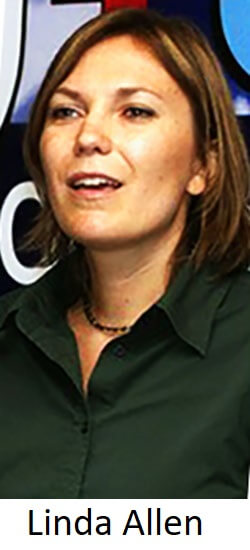
According to a research paper published in Clinical Microbiology Reviews [12.1 (1999): 80-96], Candida species are quite ubiquitous organisms. Candida are most frequently present in the mouth; and, live in 31% to 55% of healthy people. The species that causes approximately 70% to 80% of all Candida infections is C. albicans.
The Chinese Journal of Obstetrics and Gynecology [2011 Jul;46(7):496] reports there appears to be a correlation between intestinal Candida infections and vaginal yeast infections. And, this provides a clue, as to why yeast infections in general, can reoccur.
This study states, in 148 cases of vaginal candida infections, 33.1% of the women were infected in both the intestines and vaginal area. The recurrence rate of yeast infections, in women with simultaneous intestinal infection, was significantly higher than for women who did not have an intestinal infection. This study concluded that vaginal yeast infections are highly associated with simultaneous intestinal Candida infection.
As research appears to indicate, systemic Candida infections can and do happen. A more systemic Candida infection may primarily get a foothold in the intestines; and cause a wide array of problems. If your yeast infections keep happening, a systemic Candida problem may be why.
One woman who suffered from a systemic Candida infection, for about 12 years, was Linda Allen. The systemic Candida infection that attacked Linda caused a wide range of health problems in addition to yeast infections. Some of these problems, Linda describes in her own words in the following quote:
To be honest, it was hard to pinpoint exactly what was wrong: I wasn’t really sick, but I wasn’t really well either. I had listlessness, fatigue, brain fog, stomach ailments, unexplained rashes, skin infections, and so on. It seemed like every day brought a new challenge.
My energy was sapped and I felt exhausted, which affected my grades and put a big dent in my social life.
Linda Allen’s symptoms included an embarrassing vaginal discharge, severe itching, and burning sensations. Her infections were difficult to deal with, and Linda’s health problems cost her financially as well. Linda states these infections of Candida can become excruciating when they happen as frequently as a menstrual period.
Yet, Linda spent a great deal of time in research; and even questioned health professionals who were kind enough to share some time with her. Linda even tried an array of purported "cures." Although it took a while, eventually, Linda put together a natural treatment plan she hoped would solve her Candida situation.
After spending about a year refining her new approach, Linda tried her system on herself. It worked amazingly well. Linda even returned to a few medical doctors to get tested for the presence of infections. These tests revealed all indicators of infection had vanished! Linda was indeed well again, after such a long, difficult journey.
Linda has since published a book detailing how to copy her success. She also includes a 12 hour yeast infection cure that can get rid of a superficial (such as a genital yeast infection or oral thrush) yeast infection in about 12 hours.
Linda’s publisher protects those who get her book with a 60 day, 100% money back guarantee. Linda’s publisher, a subsidiary of the United States based firm Keynetics Incorporated, is a reputable digital retailer that has been around for a long time. They have great customer service, and make getting a full refund on Linda’s book quick and easy. If you’re not satisfied, you can quickly get all your money back.
If you would like to learn more about Linda’s journey to freedom from Candida, see reviews of others who tried her natural system, or find out more about her efficacious book; you can find more information at Linda Allen’s website.
Author: Mr. Nicholas Gross

Nick Gross is a natural medicine enthusiast who has been researching and writing about natural medicine since 2008. Nick is primarily a web developer but also researches and authors written and video content about natural health. Nick has a bachelor’s degree in Management Information Systems from the University of Northern Iowa.
Disclaimer
The information on this website is not a prescription for anyone. This information is for informational or educational purposes only, and is not a substitute for professional medical advice or consultations with healthcare professionals.
Affiliate Disclosure
Some of the links provided on this website are affiliate links. When a purchase is made through these links, Candida Hub earns money from commission. This helps to keep the website up and helpful to people for free. Thank you for any support!
Stay Up to Date
If you enjoyed this article, consider following / liking our Facebook page. This page is primarily utilized to alert followers of new articles that are put on Candida Hub. Candida related news is also discussed. While you are there, you can see what has been more recently added to Candida Hub.
SOURCES:
- http://www.cdc.gov/fungal/diseases/candidiasis/index.html
- http://www.cdc.gov/std/trichomonas/stdfact-trichomoniasis.htm
- https://doi.org/10.1128/CMR.12.1.80 -- Fidel, Paul L., Jose A. Vazquez, and Jack D. Sobel. "Candida glabrata: review of epidemiology, pathogenesis, and clinical disease with comparison to C. albicans." Clinical Microbiology Reviews [12.1 (1999): 80-96].
- https://pubmed.ncbi.nlm.nih.gov/22041440/ -- Lin XL, Li Z, Zuo XL. "Study on the relationship between vaginal and intestinal candida in patients with vulvovaginal candidiasis." Chinese Journal of Obstetrics and Gynecology (Zhonghua fu chan ke za zhi). [2011 Jul;46(7):496].


